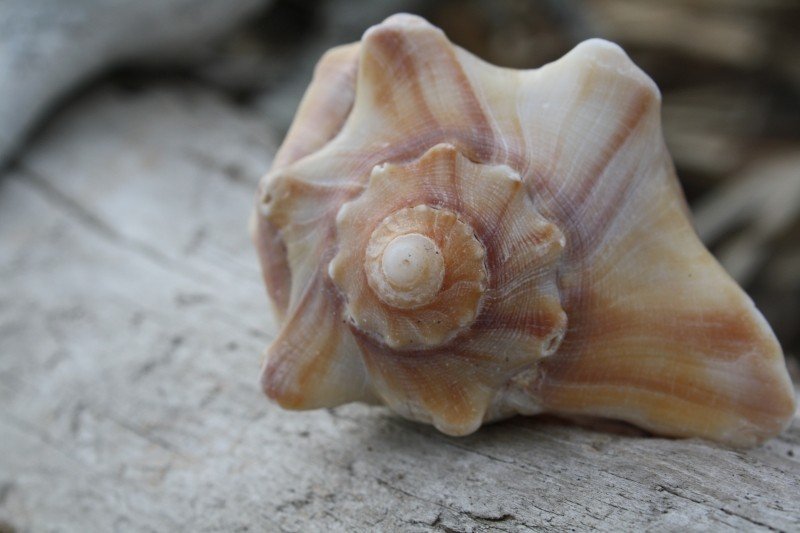An excerpt from Laurence Freeman OSB, “The Labyrinth,” JESUS THE TEACHER WITHIN (New York: Continuum, 2000), pp. 231-32.
If we are to embrace the eternity of the fullness of being (the “I AM” of God), we must first face the stark reality of impermanence and emptiness. The temptation is always to reduce the intensity, to sink to a lesser degree of consciousness, even to fall asleep. The Buddha warned against clouding the mind at this or indeed any stage of the journey with intoxicants or sedatives, uppers or downers. Jesus urged everyone to stay fully conscious:
Be alert, be wakeful. You do not know when the moment comes. . .Keep awake then for you do not know when the master of the house is coming. Evening or midnight, cock-crow or early dawn—if he comes suddenly, he must not find you asleep. And what I say to you, I say to everyone: Stay awake. (Mk 13:33-37)
In the letter to the Ephesians Paul says that this state of wakefulness leads to the “spiritual powers of wisdom and vision” and on to gnosis, of spiritual knowledge. But even with the strongest faith, the sorrowful sense of separateness is not immediately dissipated even when wisdom begins to shine. The wall of the ego can feel like an insuperable obstacle, a dead end leaving us nowhere to run to. But, as the Resurrection reminds us, what seems and feels like the end is not. By facing our entrenched egoism and recognizing its slow dying, meditation helps us to verify our own resurrection in our own experience.
The law of lower nature, of karma, and the domination of the limiting ego reign until, until a hole in the wall appears. First one brick is removed, as if by an unseen hand, and we glimpse a perspective beyond anything we had previously thought or were capable of knowing. It is an experience and yet it is known in a way unlike anything we have experienced before. We are no longer the merely individual person we thought we were. Life has changed irreversibly. We live and yet, like St Paul, we live no longer.
I am because I am not.
After Meditation, from THE BEST OF MEISTER ECKHART, ed. Halcyon Backhouse (New York: Crossroad, 1996), p. 96.
“What is the prayer of the solitary heart?” My answer is that detachment and emptiness cannot pray at all, for whoever prays desires something from God: something to be added. . .or something to be taken away. But the heart that is detached has no desire for anything, nor has it anything to be delivered from. So it has no prayers at all; its only prayer consists in being one with God.
Photo on Foter.com






